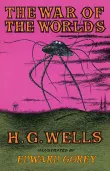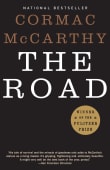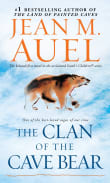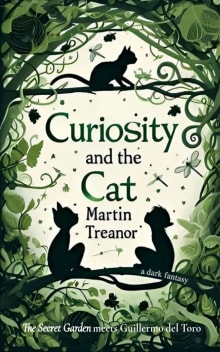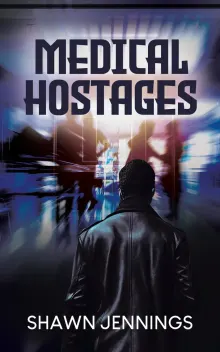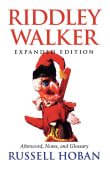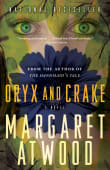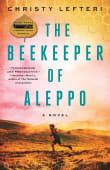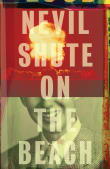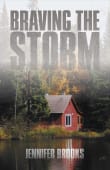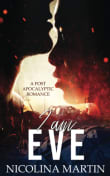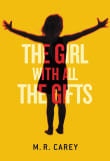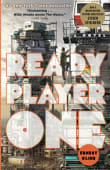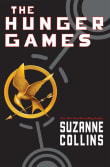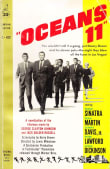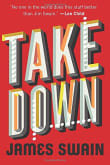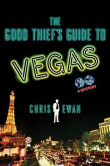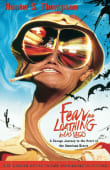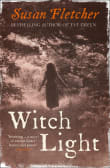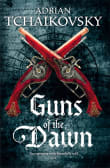The Stand
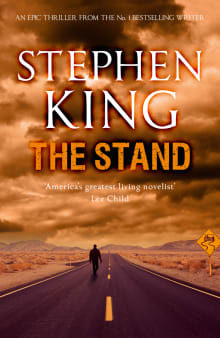
Book description
Stephen King's apocalyptic vision of a world blasted by virus and tangled in an elemental struggle between good and evil remains as riveting and eerily plausible as when it was first published.
Soon to be a television series.
'THE STAND is a masterpiece' (Guardian). Set in a virus-decimated US, King's…
Why read it?
20 authors picked The Stand as one of their favorite books. Why do they recommend it?

No list of crows and ravens in fiction can ignore this book. While I don’t like crows being depicted as the bad guys, I do love King’s depiction of crows throughout this thriller as powerful and intelligent. However, those abilities come in part or maybe wholly because the crows are in service to the Devil.
In this ultimate Good vs. Evil story, villain Randall Flagg is a shape-shifter who sometimes appears in the form of a crow. Crows have other, somewhat vague, and therefore scary roles in the saga. Sometimes, the crows come across as spies for Flagg’s army, and…
From S.M.'s list on amazing abilities of crows and ravens.

At a whopping 1,152 pages, Stephen King’s The Stand was just too much to capture in a single movie.
That’s why, in 1994, CBS adapted it across four, ninety-minute episodes of a limited run “mini-series” (a fancy way of saying “a really long movie”). In all fairness, it had a great cast and was better than it had any right to be, and was far more enjoyable than CBS’s 2020 attempt at a do-over.
But even with a total six-hour runtime, it couldn’t capture all the story, heart, and nuance that made the book so incredible. It’s a feat to…
From Christopher's list on that were adapted into worse movies.

Titanic in its scope and complexity, The Stand was my first experience of a story that took readers to the end of civilization, and to what might lay beyond.
I was blown away by it then, and still am. Peopled with a whole cornucopia of King’s realistic and riveting characters—whose fates were always in doubt—The Stand showed me how effective the melding of real-world settings and the supernatural could be.
To this day, I still get chills from the scene where Tom Cullen is hypnotized, revealing his deeper nature, and shake my head in awe at the subtle…
From David's list on blending the real with the fantastic.
If you love The Stand...

The Stand – almost a must-read for anyone who reads speculative fiction. Written forty-odd years ago, King nailed the post-apocalyptic theme and at the same time re-introduced us to the greater-than-us Good vs. Evil idea. I can remember the cornfields and their sinister presence to this day. But of course, fans of King will know that his real strength as a writer is his once-in-a-lifetime talent for characterisation. He is the master. Had he written in genre other than horror/fantasy early in his career, I believe he would still have made it as one of the greats.
From Steven's list on combining real world drama with something otherworldly.

Though it is extremely long, The Stand is one of my all-time favorite books. Stephen King makes mankind’s destruction feel more real than any other dystopian I have ever read. His description and brutal realism left my heart pounding with hope for humanity’s salvation, and had me reading long hours each day to discover where King was leading me. For those of you looking for a book that will pull you into a different world for a long time, you will definitely love The Stand!
From Cassandra's list on helping you escape reality.

The Stand will always be one of my favorite apocalyptic novels. The story not only tells of the struggle of the individual survivors of a great plague, but it shows the devastation and havoc that corruption—governmental and individual—can wreak on even the strongest of world powers. All it takes is one bad decision and the whole empire can come tumbling down. This was the first novel of its kind that I ever read—at the age of eleven, no less—and the genre remains my favorite to this day. The mood of the novel begins somewhat innocuously, but with a layer of…
From A.L.'s list on binge-worthy apocalyptic reads.
If you love Stephen King...

If you see this on a bookshelf, it looks intimidating. It’s a tome, to be sure. But The Stand is beloved for a reason. It’s an epic story of good versus evil that manages to feel biblical while still having nuance and compelling characters. The narrative of the main characters is propulsive, because you really care about them and root for them as they face terrifying odds. You’ll find it hard to put down even if you’ve read it many times over like I have.
From Anthony's list on heart-pounding thrills.

What happens after the End of the World? Is the end really the end? Stephen King’s classic masterpiece about the ultimate battle between good and evil following civilization’s collapse wrestles with this very concept. In his timeless epic, King explores the personal toll inflicted on those few who survive Armageddon, and how they react to being pawns of greater powers, both holy and unholy. When I read it the first time, I asked myself how I would react if I were one of King’s characters. Which side would I truly be on? King’s themes of good and evil, and what…
From Brian's list on epic adventures at the beginning of time.

King’s sprawling SF epic is really just a werewolf in science-fiction sheep’s clothing. A weaponized disease escapes the lab and kills most of the world’s population—the makings of a classic SF post-apocalyptic tale. But the appearance of archdemon-cognate Randall Flagg—much more of a fantasy villain than an SF villain—completely changes the tone (and the stakes). He’s not human, he’s a Dark Lord—Sauron in jeans and Western boots. Because of Flagg, as far as Good vs. Evil goes, it’s about as subtle as Piers Plowman, though King’s character-building is some of his best. In fact, the book is in most ways…
From Tad's list on sci-fi that doesn’t actually care about genre.
If you love The Stand...

The Stand thrusts ordinary people into a desperate situation. What stood out for me was that the nature of the apocalypse itself or surviving the aftermath was not the focus of the book. Rather, it focuses on the tensions between the factions that arose after the fall of civilization. In a struggle that reflects those experienced on a global scale in reality, a democratic society must confront a totalitarian regime in a struggle for the fate of humanity. This clash of ideologies is a wonderful exploration of the different ways in which civilization might be rebuilt, and fuel for a…
From B.K.'s list on ordinary people surviving the extraordinary.
Want books like The Stand?
Our community of 12,000+ authors has personally recommended 100 books like The Stand.





